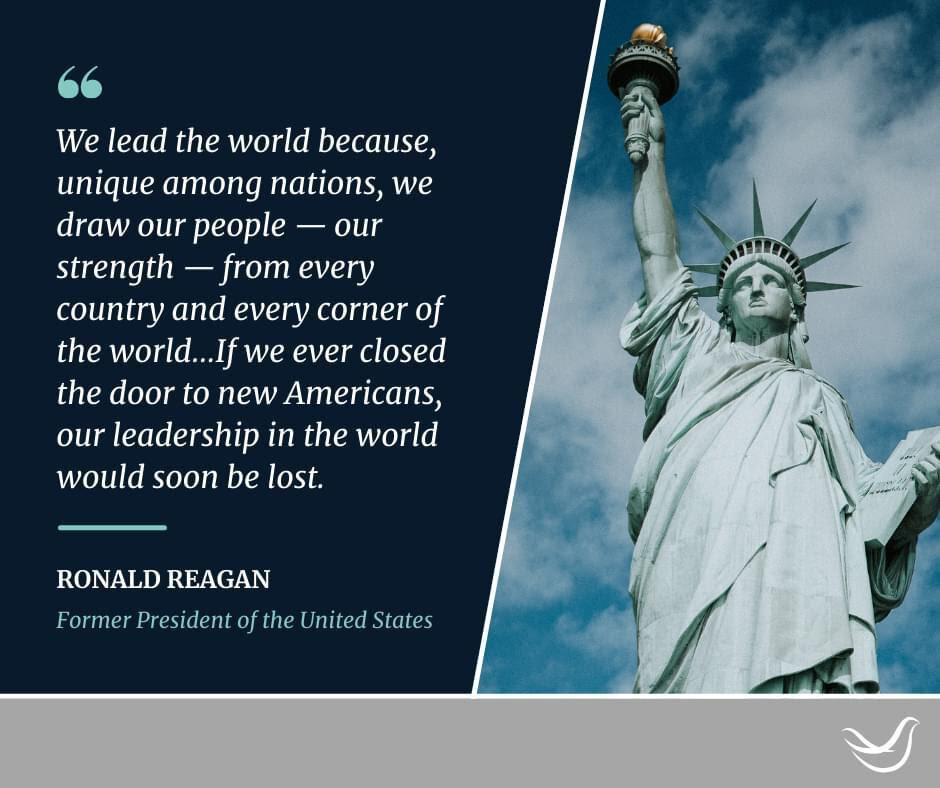U.S. Annual Refugee Admissions Cap Raised to 62,500
/Dear Friend,
I have waited four years for this day. As a former refugee, I was excited by yesterday's news that the United States will officially raise the refugee admissions ceiling for the 2021 Fiscal Year to 62,500. This puts us one step closer to America's historical average of 95,000 and it's a significant increase from the prior year’s record-low of 15,000.
We at Inspiritus rejoice in the spirit of welcome and are eager to empower these individuals and families on their journey from surviving to thriving.
As Rev. John R. Moeller, Jr., Inspiritus' President & CEO has shared:
“Inspiritus is excited to get back to the robust work of welcoming the stranger! Inspiritus and its partners live to offer this welcome. It’s who we are. It’s like sunshine, air, or water to our team. It’s our very life. For the last several years, Inspiritus has experienced a dark winter of the soul. It doesn’t mean we haven’t been busy. In fact, the team has used the time to plan, but now we know that spring is coming. I can see the life blood coming back into bodies, minds and spirits of our staff and partners. Together, we will be more than ready to roll out the red carpet and provide a warm welcome to the huddled masses who seek an opportunity to start anew in America!"
______________________________________________________________________________________________________________________________________________
On a personal note, I wish to thank our many supporters who advocated on behalf of refugees. This increase is thanks to everyone who raised their voices and is proof that advocacy works.
Please consider donating to our refugee services and programs today, so we can continue our work to reunite families. As always, thank you for the compassion, support, and care you provide to the refugees we serve. We couldn’t do this work without you!
With Gratitude,
Aimee Zangandou
Director of Refugee and Immigrant Services
Inspiritus




























